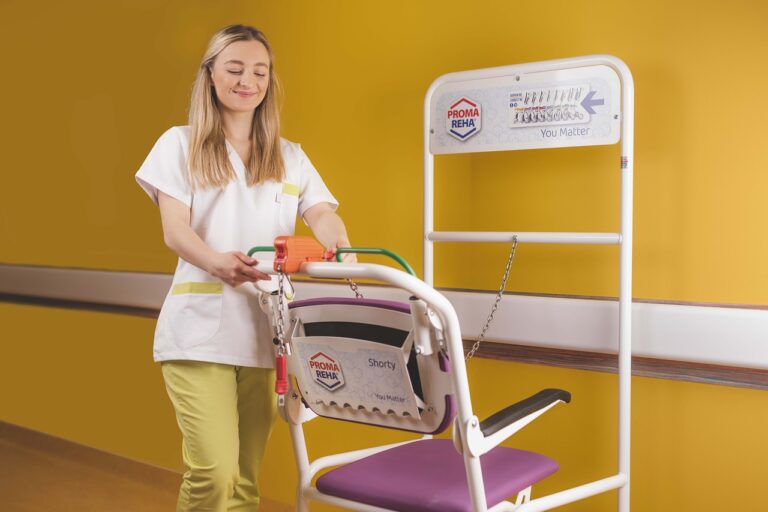Book Appointment Now

Cultural Competency in Nursing
In today’s increasingly diverse world, the ability to provide culturally competent care is not just a desirable skill but a necessary one for healthcare professionals. Cultural competency in nursing is crucial for delivering quality care to patients from various cultural backgrounds. This article will explore the importance of cultural sensitivity in healthcare, the need for nursing cultural competency training, and present case studies highlighting the challenges and successes of implementing cultural competency in nursing practice.
Do you need paper writing help about cultural competency in health care? ![]()
The Importance of Cultural Sensitivity in Patient Care
Cultural sensitivity in healthcare is the cornerstone of effective patient care. It involves recognizing and respecting the cultural differences that influence a patient’s beliefs, values, and health practices.
Why Cultural Sensitivity Matters
Cultural sensitivity enables nurses to provide care that respects the individual needs of each patient, leading to better health outcomes. When nurses understand the cultural backgrounds of their patients, they can communicate more effectively and build stronger patient-provider relationships.
- Improved Patient Satisfaction: Patients who feel understood and respected are more likely to trust their healthcare providers and adhere to treatment plans.
- Reduced Health Disparities: By addressing cultural differences, nurses can help bridge the gap in healthcare access and quality for minority populations.
- Enhanced Communication: Understanding cultural nuances improves communication, reducing the likelihood of misunderstandings or errors in care.
The Role of Cultural Competency in Reducing Disparities
Healthcare disparities often arise from a lack of cultural understanding. Cultural competency in nursing helps mitigate these disparities by ensuring that all patients receive care that is respectful of and tailored to their cultural needs.
- Language Barriers: Addressing language differences through the use of interpreters or multilingual staff.
- Religious and Spiritual Beliefs: Incorporating patients’ religious or spiritual practices into their care plans.
- Traditional Health Practices: Respecting and integrating traditional healing methods when appropriate.
Training Nurses in Cultural Competency
To provide culturally competent care, nurses must undergo specialized training that equips them with the knowledge and skills to navigate the complexities of cultural diversity in healthcare.
Components of Effective Cultural Competency Training
Nursing cultural competency training should encompass various aspects of culture, including language, religion, values, and family dynamics. Training programs should be ongoing, with opportunities for nurses to continually update their skills.
- Education on Cultural Norms: Learning about the cultural practices and beliefs of different communities.
- Communication Skills: Developing techniques for effective cross-cultural communication.
- Empathy and Understanding: Cultivating an empathetic approach to care that acknowledges and respects cultural differences.
Implementing Cultural Competency in Nursing Education
Nursing education programs play a pivotal role in preparing future nurses to work in diverse environments. Incorporating cultural competency into the curriculum ensures that nursing students are ready to meet the challenges of a multicultural patient population.
- Simulations and Role-Playing: Using simulations to practice cultural competency scenarios.
- Guest Lectures and Workshops: Inviting experts to discuss cultural issues in healthcare.
- Cultural Immersion Experiences: Offering opportunities for students to engage with different cultures, either locally or abroad.
Case Studies in Cultural Competency Challenges
Real-world examples of cultural challenges in nursing provide valuable insights into the complexities of delivering culturally competent care. These nursing case studies highlight both the challenges and the successes of integrating cultural competency into nursing practice.
Case Study 1: Overcoming Language Barriers
A nurse working in a diverse urban hospital encounters a patient who speaks limited English. By utilizing an interpreter and demonstrating cultural sensitivity, the nurse successfully navigates the language barrier, ensuring the patient receives appropriate care.
- Challenge: Communication difficulties due to language differences.
- Solution: Use of professional interpreters and culturally sensitive communication techniques.
- Outcome: Improved patient understanding and adherence to treatment.
Case Study 2: Respecting Religious Beliefs
A patient’s religious beliefs prohibit certain medical interventions. The nurse respects these beliefs and works with the patient and their family to find alternative treatments that align with their faith.
- Challenge: Conflict between medical recommendations and religious practices.
- Solution: Collaborative decision-making that honors the patient’s religious beliefs.
- Outcome: Patient-centered care that respects cultural values.
Case Study 3: Addressing Traditional Health Practices
A nurse encounters a patient who relies on traditional medicine. Instead of dismissing these practices, the nurse incorporates them into the patient’s care plan, alongside conventional treatments.
- Challenge: Integrating traditional health practices with modern medicine.
- Solution: A culturally competent approach that respects and integrates traditional practices.
- Outcome: A holistic care plan that respects the patient’s cultural background.
Cultural competency in nursing is essential for providing high-quality care in today’s diverse society. By embracing cultural sensitivity in healthcare, undergoing nursing cultural competency training, and learning from case studies in cultural competency, nurses can better serve their patients and contribute to reducing health disparities. For nursing students, understanding and developing cultural competency is a vital step in becoming effective and compassionate healthcare providers. As the patient population continues to diversify, the demand for culturally competent care will only grow, making cultural competency an indispensable skill in nursing.
Check out the following assignments related to cultural competency in nursing;
- Cultural Competence Skills Assignment
- Cultural Competency and Health Literacy Poster & Abstract
- Cultural Considerations In Health
- Defining Transcultural Diversity In Health Care
- NRS 428 Topic 3: Tools for Community Health Nursing Practice







